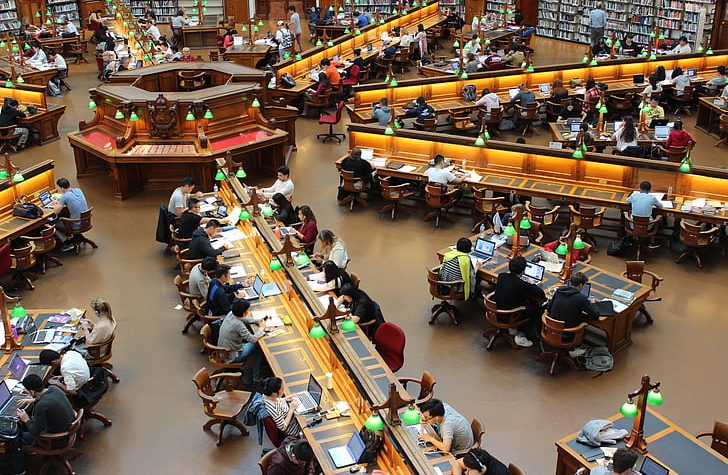There can be no doubt that school exams can be the cause of considerable anxiety for both students and parents, even at the very best of times. Issues can be compounded by existing emotional, behavioural and physiological conditions that students may be living with. Yet these are not the best of times. Analysis by the Royal College of Psychiatrists (RCPsych) has found that the mental health of our children and young people is as bad now as it has ever been.
“As a frontline psychiatrist I’ve seen the devastating effect that school closures, disrupted friendships and the uncertainty caused by the pandemic have had on the mental health of our children and young people”, writes Dr Bernadka Dubicka of RCPsych. As many as 28% more child mental health referrals were made in 2021 as compared to before the pandemic.
Moreover, analysis from McKinsey & Company finds that challenges over the last two years have left typical reception students five months behind in mathematics and four months behind in reading. The consultancy also highlighted that 35% of parents are “very” or “extremely” concerned about their children’s mental health. This “unfinished learning” has only worsened the anxiety experienced by students as they head back to school this month.
Yet there are many options available both to students and to parents who wish to control feelings of anxiety and allow themselves – or their children – to flourish during stressful times at school. Many such options are simple and do not require medication, or too much time or money to put into practice yourself.
- Keep a journal
Journalling about your feelings has been shown consistently to relieve mental distress. Researchers recommend for those struggling with feelings of distress or anxiety to write three or more times a week for just a few minutes each time. A lunch break, or just before bed, might be the perfect time. Researchers further note that well-being continued to improve over a three-month period observed. This technique works by creating awareness about our feelings and stresses, and by teaching ourselves how to express and understand our emotions.
As far back as Ancient Greece, great thinkers, including the Stoics, have been recommending journalling. Marcus Aurelius, who was Roman Emperor from 161-180AD, took time each day to reflect, and believed it made him a better ruler, and a better person. Encouraging your child to journal is also likely to improve their handwriting, spelling and reading ability.
- Saying “thank you”
Showing gratitude has been linked to lower rates of stress, anxiety and depression, and increased reports of happiness and euphoria. This surprising finding, however, makes perfect sense when we consider how giving thanks makes us feel.
By saying what we are grateful for, we shift our focus from negative and toxic emotions towards those things which satisfy us, and in so doing the brain responds by releasing additional endorphins. Giving thanks is also associated with increased optimism, better social relationships and greater resilience in overcoming trauma.
- Focus on your body
Mindfulness is recommended by the National Institute for Health and Care Excellence (NICE) as a highly effective way to prevent depression, stress and anxiety, and is closely related to meditation, yoga and tai-chi.
Mindfulness is the practice of paying the fullest possible attention to the present moment – including both our thoughts and also our bodies. It’s about noticing and being in contact with the world around us. Mark Williams of the Oxford Mindfulness Centre writes that “”An important part of mindfulness is reconnecting with our bodies and the sensations they experience. This means waking up to the sights, sounds, smells and tastes of the present moment. That might be something as simple as the feel of a banister as we walk upstairs.”
One incredibly simple and low-cost way that has been shown to deliver the benefits of increased mindfulness is chewing gum. Many people find that sitting comfortably in a position which allows for deep breaths, and focusing on the texture, taste, and on the repeated activity of chewing gum is the easiest way to gain many of the benefits of enhanced mindfulness.
- Turn off your notifications
Unfortunately it is challenging in today’s world to get by without your mobile phone. University students, school students and even younger children may require their phones to get to school and to use many IT services. Indeed, students can be left feeling excluded if they are not able to join their friends on social media and messaging group chats – even if they have been shown to cause social anxieties in many cases.
But we do have control over how we choose to use our phones. Notifications distract us, and make us more likely to learn bad habits, such as reaching for our phones as a reflex rather than out of need. This makes mindfulness more difficult, makes us less likely to connect with others and deprives us of the quiet moments when we should take time for ourselves. Putting your phone in your bag, and encouraging your child to do so until they need it, is a powerful way to regain control of your mental space.


